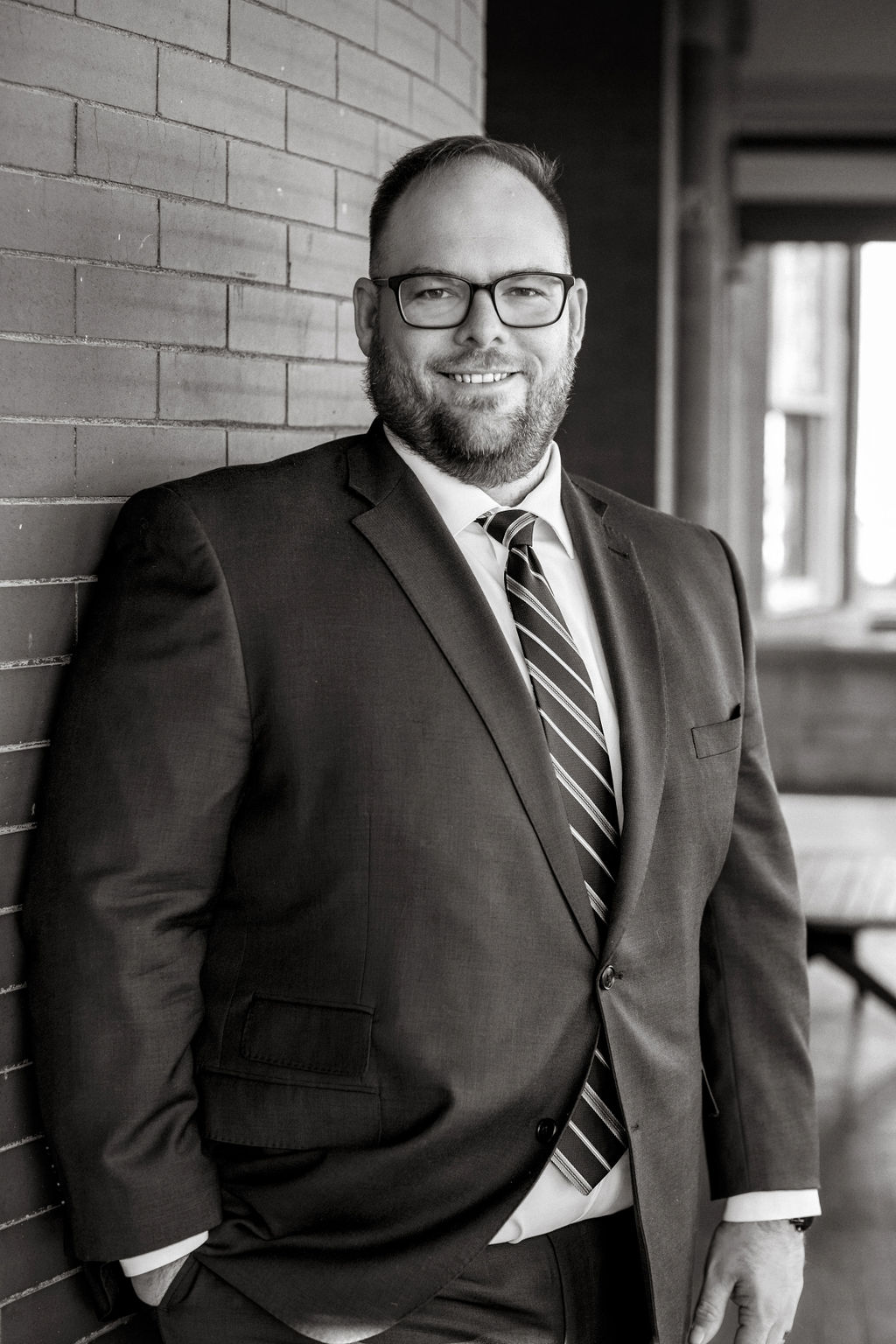Meet Nick Bjorklund Owner of Birch Grove Legal
Estate planning lawyers in Castle Rock at your service. Don’t navigate the complexities of estate planning alone. We are here to help you get the most of your estate plan with years of training and expertise at your service.
Helping You Secure Your Wealth for Generations to Come
Did you know that 67% of Americans have no estate plan. What happens when they become unable to make plans for their future estate or health? That’s why finding the right estate planning lawyer is so vital.
We are here to help you navigate the complexities of wills, trusts, and probate. We promise to provide expert legal advice on a variety of estate planning facets including trusts, estates, attorney of power, and more.
As a small firm estate planning law firm, we provide a level of personal touch and attention to detail larger firms cannot. We’ve got your best interest in mind and offer comprehensive legal expertise here with offices at Castle Rock. Be sure to book a free consultation if you have any questions about our estate planning services.


Join the Birch Grove Family
Embark on a journey of legal excellence with Birch Grove Legal. Let us be your guide in navigating the complexities of estate and business law. Contact us today to experience legal services redefined.

